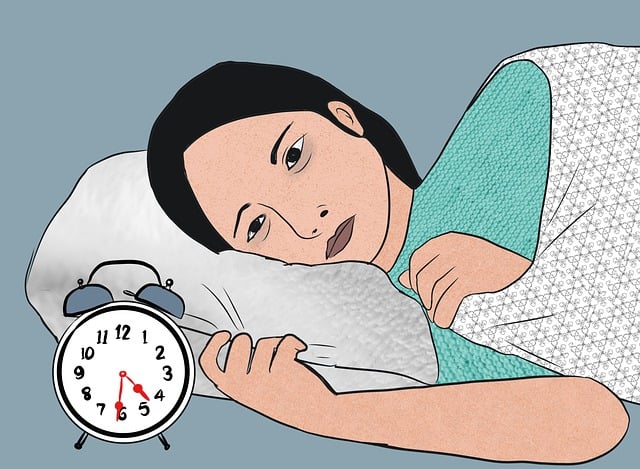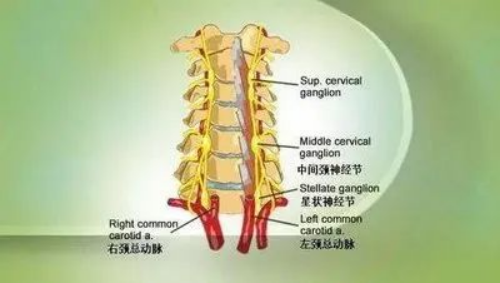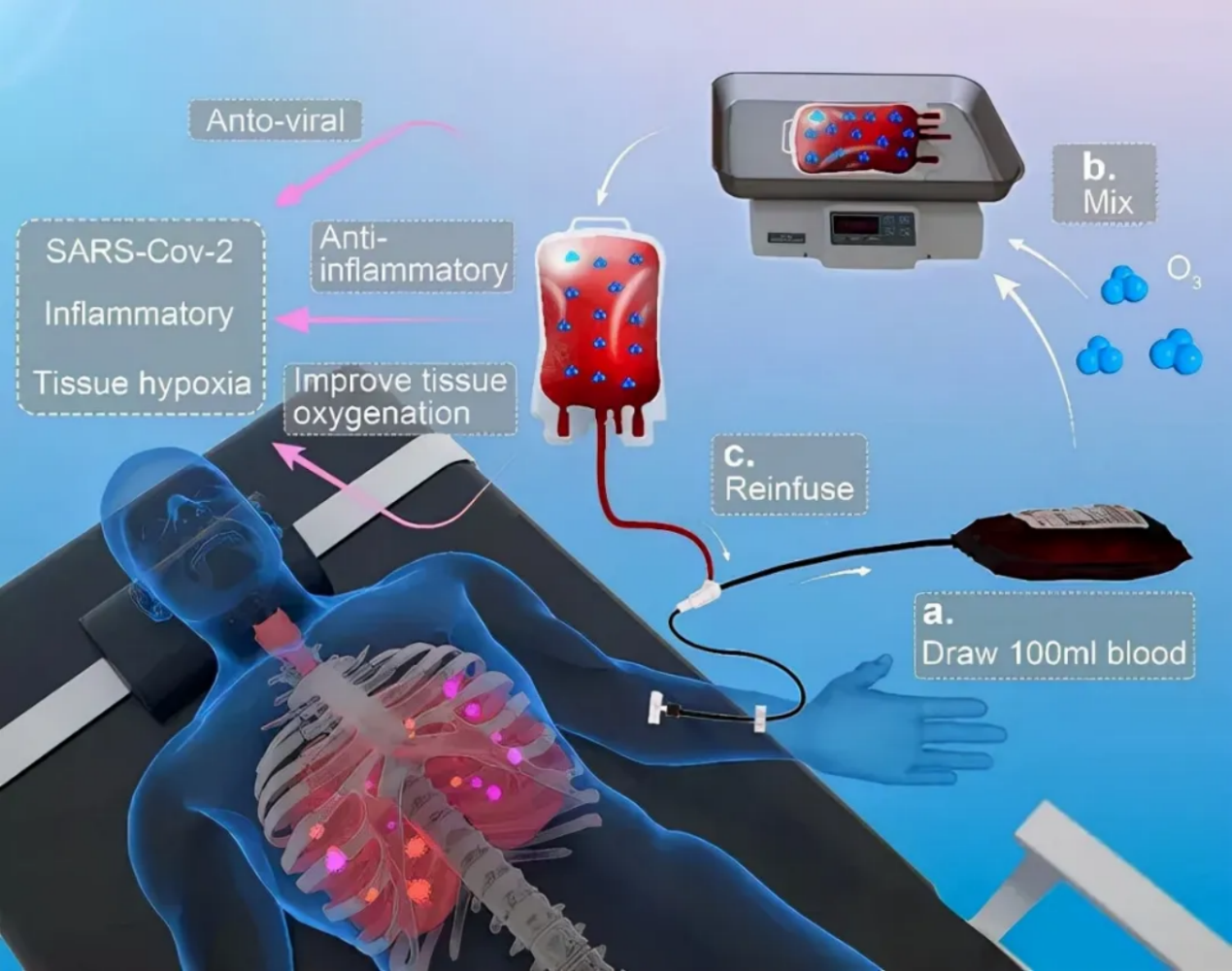Insomnia can only be managed with medication or toughing it out, but these 3 methods in the Pain Clinic can help you sleep peacefully
Have you ever experienced this: tossing and turning late at night, unable to fall asleep, watching time tick by, and then feeling groggy and unable to wake up during the day?
About one-third of our lives should be spent sleeping. "Getting enough sleep and sleeping well" is the key to starting a vibrant day!
But nowadays, getting a good night's sleep has become a luxury.

图片来源:pixabay
01
What is considered insomnia?The specific manifestations of insomnia include difficulty falling asleep (taking more than 30 minutes to fall asleep), sleep maintenance disturbances (waking up more than twice during the night), early awakening, decreased sleep quality, and shortened total sleep time (usually less than 6.5 hours). If these symptoms persist for more than three months, they may develop into chronic insomnia. Long-term insomnia not only reduces an individual's quality of life but can also lead to a series of health problems such as high blood pressure, diabetes, obesity, depression, and cognitive impairment.
When facing insomnia, many people first think of sleeping pills. However, long-term use of sleeping pills can not only interfere with the natural sleep cycle, further decreasing sleep quality, but may also lead to drug dependence, drug tolerance, withdrawal symptoms, and decline in memory and cognitive functions. Therefore, finding safer and more effective treatment methods is especially important.
02
Three treatment methods for insomnia in the pain clinicIn the pain clinic, doctors provide a new treatment approach for insomnia patients based on neuroregulation, combined with behavioral therapy. Pain clinic doctors use nerve block techniques to regulate autonomic nervous system function, and, in conjunction with behavioral therapy and rehabilitation treatments, help patients reduce or stop using sleeping pills, ultimately achieving long-term relief.
Cervical Sympathetic Block
Cervical sympathetic block, commonly known as the "sleep injection," targets the stellate ganglion, which is a critical control point in the body's autonomic nervous system. This ganglion affects various physiological functions such as sleep, stress levels, heart rate, and gastrointestinal motility. Insomnia is often related to dysfunction of this nerve system.
By performing stellate ganglion block multiple times, it helps restore the balance of the autonomic nervous system, effectively addressing insomnia. As a widely used "green" treatment, stellate ganglion block is known for its high efficacy and safety. After treatment, patients generally report improved sleep quality and high levels of satisfaction.

图片来源:网络
Ozone Autohemotherapy
Ozone autohemotherapy is a treatment method in which ozone gas of a specific concentration is mixed with the patient's own blood and then reintroduced into the body. This therapy enhances the body's ability to eliminate free oxygen radicals, regulates the immune system, restores normal immune function, and significantly increases sleep duration. It is non-addictive and does not cause any discomfort.

图片来源:网络
Pharmacological Induced Biomimetic Sleep
For patients with severe insomnia, low doses of rapidly metabolized drugs such as dexmedetomidine or propofol can be used to induce sleep. Under supervision, patients can self-regulate their sleep onset without the residual side effects of the medication. After proper dose titration, insomnia patients can inject an appropriate amount of the drug by pressing a button when they wish to sleep, thereby inducing a physiological-like sleep with minimal occurrence of sleep suppression.
03
Patients Suitable for Insomnia Treatment at the Pain ClinicChronic, stubborn insomnia patients who have had poor results with long-term medication treatment.
- Patients who need to reduce or stop using sleep medications.
- Patients with autonomic nervous dysfunction.
- For patients with severe depression or anxiety, it is recommended to first visit a psychiatric clinic. Once symptoms are stable, if sleep improvement is needed, they can visit a pain clinic. In cases of severe, persistent depression, the pain clinic can also provide effective assistance to break the vicious cycle and alleviate symptoms.
Insomnia is no longer an insurmountable obstacle. The treatment methods at the pain clinic offer a new option to help you overcome insomnia and regain healthy sleep.
Expert Introduction

















